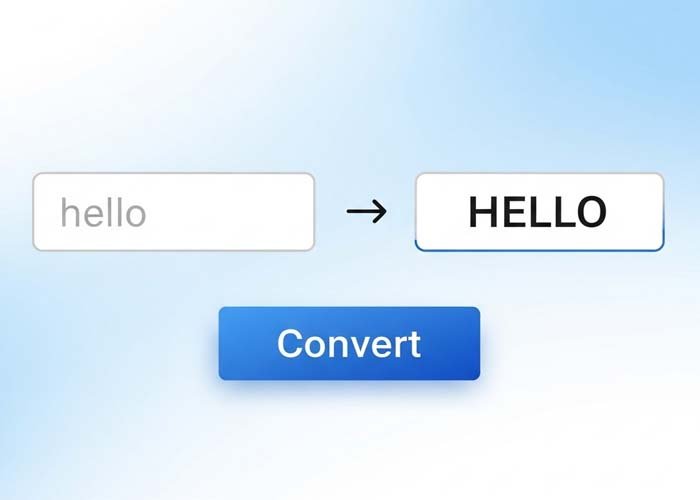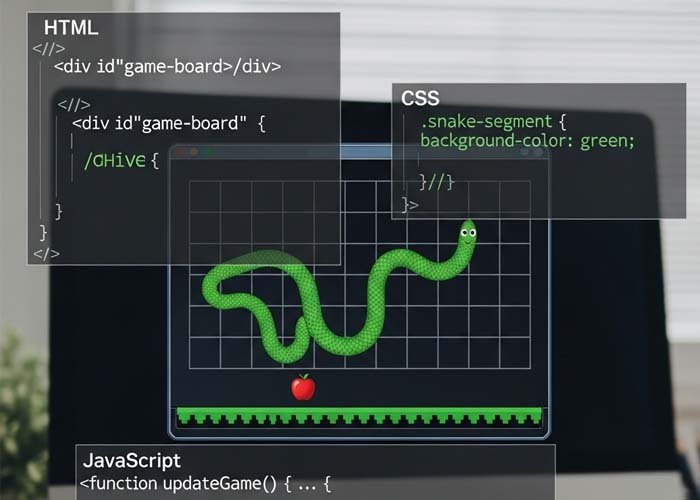Pure CSS Theme Switch Toggle | Dark Mode and Light Mode Switcher
Adding a theme toggle switch is one of the most useful and modern features for any website. With just HTML and CSS, you can build a sleek, animated toggle that lets users switch between dark mode and light mode — without any JavaScript at all.
This blog post explores how this elegant CSS-only theme switcher works and how you can implement it for free in your own web projects.
What This Theme Switcher Does
This theme toggle looks like a standard switch button, but it does a bit more:
It visually flips between “Dark Mode” and “Light Mode” when toggled.
The text label updates accordingly.
A circular slider knob rotates with a smooth animation.
It has hover effects to provide an interactive and polished look.
Though the actual theme change (e.g. changing the site’s background or colors) would require JavaScript or additional CSS classes, this code provides the foundation of the switcher UI, ready to be connected with your theme logic.
How the Theme Switch Toggle Works
1. HTML Structure
The switch is wrapped in a
<label>element with the classtheme-switch.Inside it, there’s:
A hidden checkbox input
A
.sliderelement (the round toggle knob)A
.namespan to display the current modeA decorative
.backelement (can be used for visual styling or animation layers)
2. Hidden Checkbox Logic
The input[type="checkbox"] is visually hidden using position: absolute and visibility: hidden. However, it still handles user interaction. When it’s checked, CSS sibling selectors (+ and ~) are used to animate other parts of the component.
Visual Effects and Animations
Toggle Rotation: When the checkbox is checked, the
.sliderrotates a full 360 degrees, simulating a click.Color Change: The slider color changes from dark gray to orange when toggled.
Label Switch: The
.name::beforeshows “Dark Mode” by default. When checked, it hides and.name::after(which says “Light Mode”) appears.Hover Animation: On hover, the button background and text colors invert, and a smooth movement with shadow removal makes it feel dynamic.
Why Use Pure CSS Theme Switchers?
This design is ideal for:
Beginners learning about state-based CSS with checkboxes
Developers building JavaScript-free prototypes
UI designers focusing on clean, responsive, and interactive designs
Learning how pseudo-elements (
::beforeand::after) can be used creatively
Where to Use It
You can use this theme toggle in:
Blogs or personal portfolios
Dashboard layouts
Landing pages that support dark/light mode switching
Practice projects for frontend learning
And of course, it’s a great example to explore on platforms like Learn Code Online Free Of Cost, where users can write code and preview it instantly.
Final Thoughts
This CSS-only theme switcher shows how creative and powerful modern CSS has become. Without writing a single line of JavaScript, you can create an engaging toggle switch that updates visual content based on user interaction.
Once you’re familiar with this logic, you can expand it by adding theme class toggling through JavaScript or even use CSS :has() (in browsers that support it) for more control.
This code uses HTML and CSS only — no JavaScript included.
Copyright – 2025 Praashoo7 (Prashant)
Permission is freely granted to anyone who obtains a copy of this software and its accompanying documentation files (referred to as “the Software”), allowing them to use, copy, modify, merge, publish, distribute, sublicense, and even sell copies of the Software. Additionally, users are allowed to permit others to use the Software under these same terms.
It is required that the above copyright notices and this permission notice be included in all versions or significant portions of the Software.
Please note, the Software is provided “as is”, without any form of warranty—express or implied. This includes, but is not limited to, warranties of merchantability, fitness for a specific purpose, or non-infringement. Under no circumstances shall the original authors or rights holders be held responsible for any claims, damages, or other liabilities that may arise from the use of the Software, whether through legal action, negligence, or otherwise.
All code on Freeofcosts.com is reviewed before publishing. Each post includes a live code editor with real-time preview, so you can experiment and learn by doing. Most code is open-source and free to use or modify under respective licenses.



